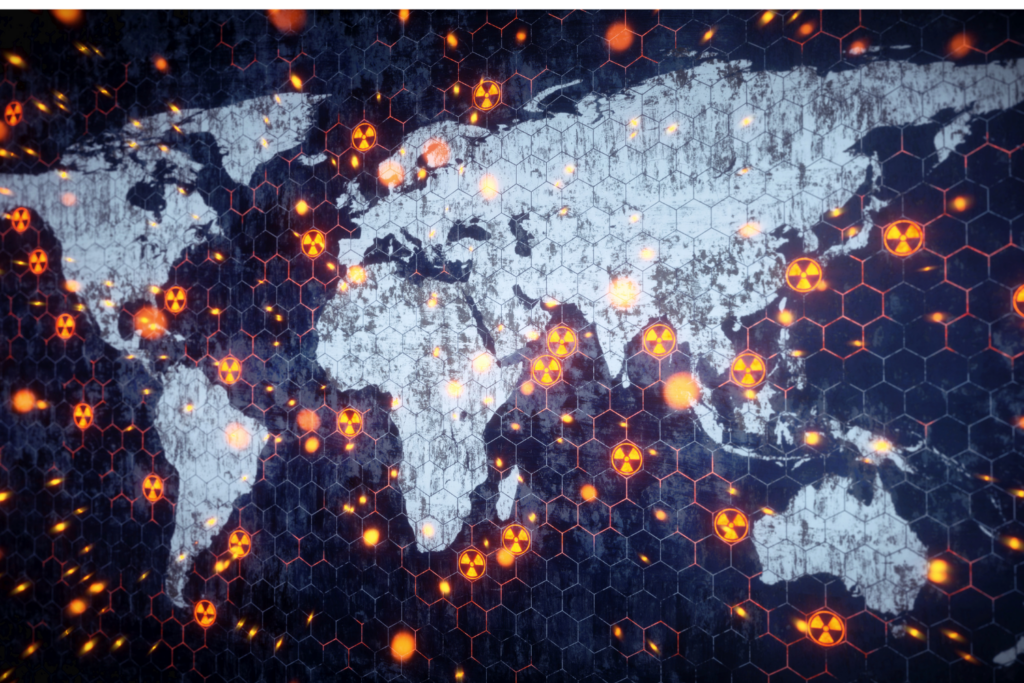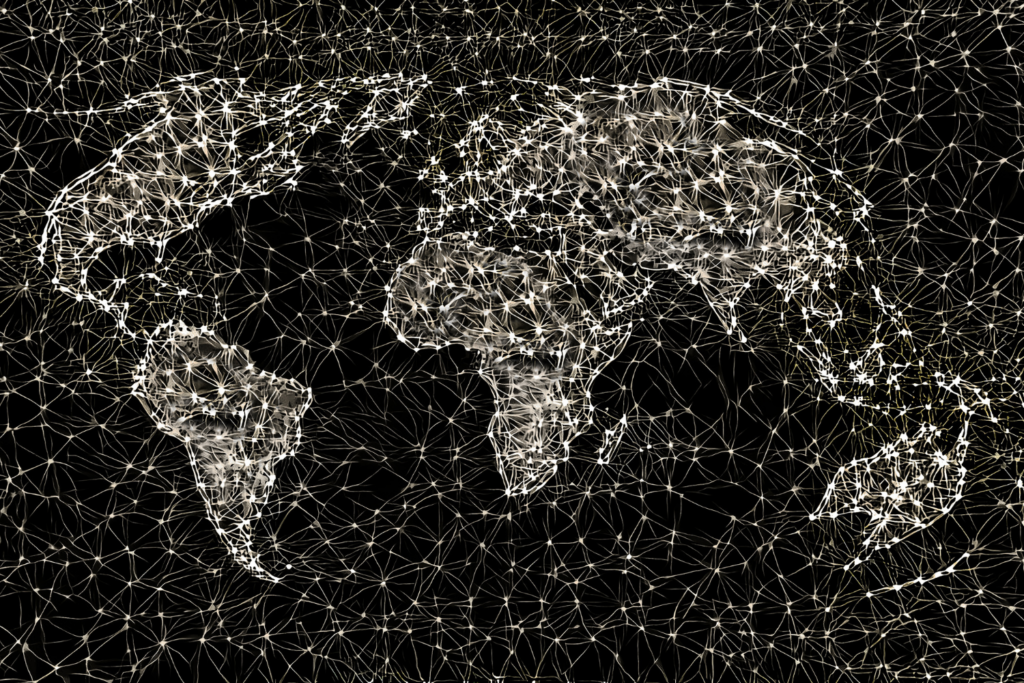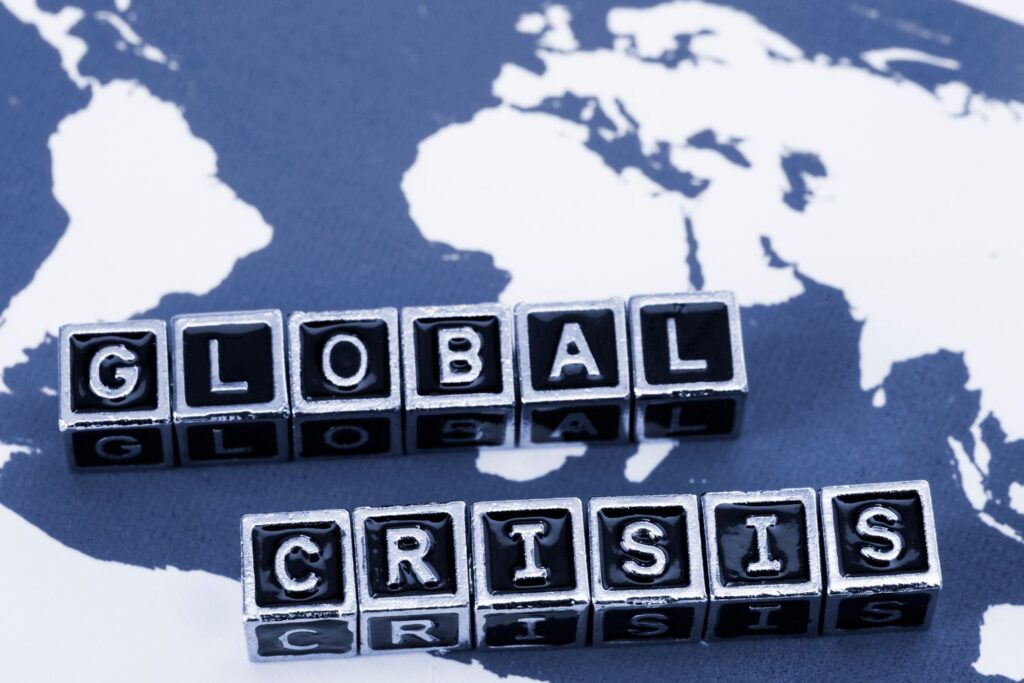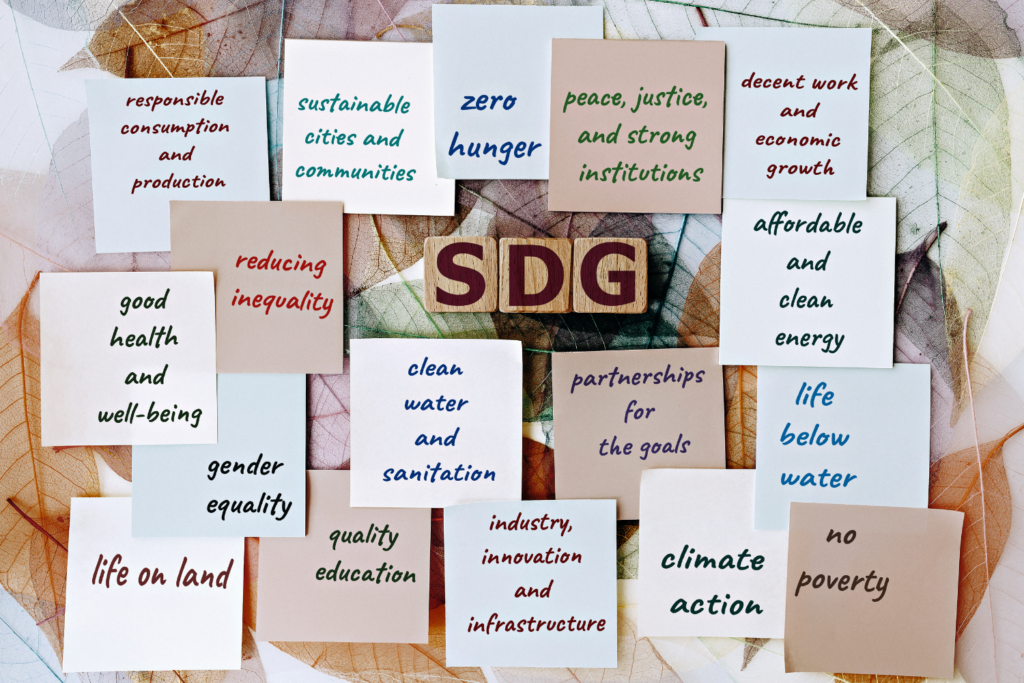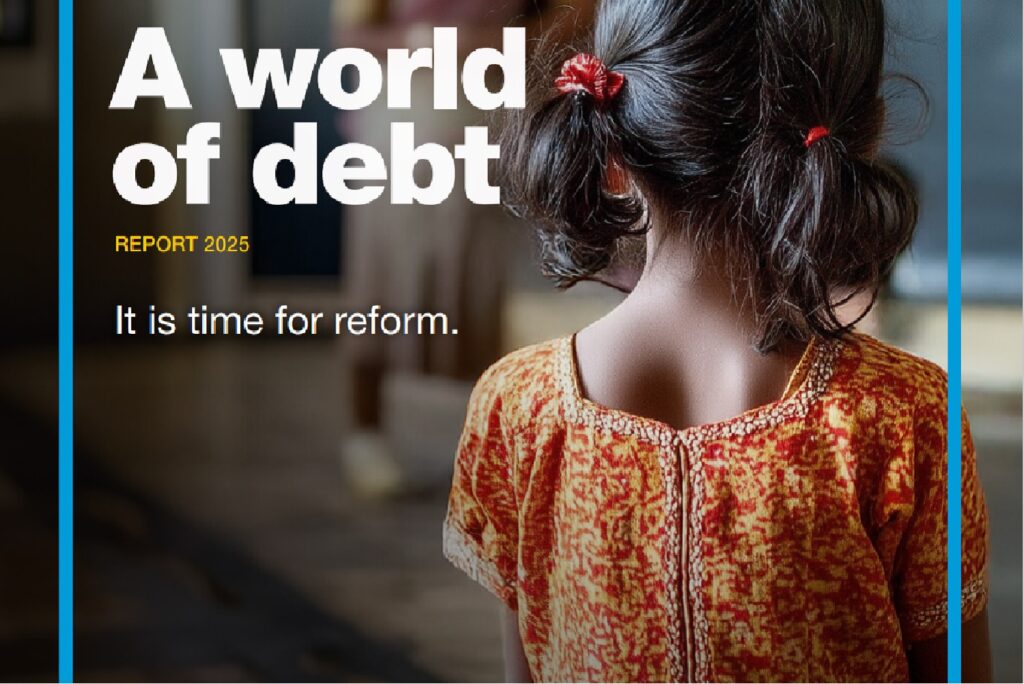‘Pre-Polycrisis’ Hazard Mitigation
Nick King argues that industrial civilization has created many persistent and severe hazards (such as nuclear waste, methane leaking hydrocarbon infrastructure, contaminated sites, landfills, and deforested land), polycrises in the near future may significantly constrict humanity’s ability to manage these hazards, and therefore societies should prioritize long-term remedial actions now, while they still have the […]
‘Pre-Polycrisis’ Hazard Mitigation Read More »

